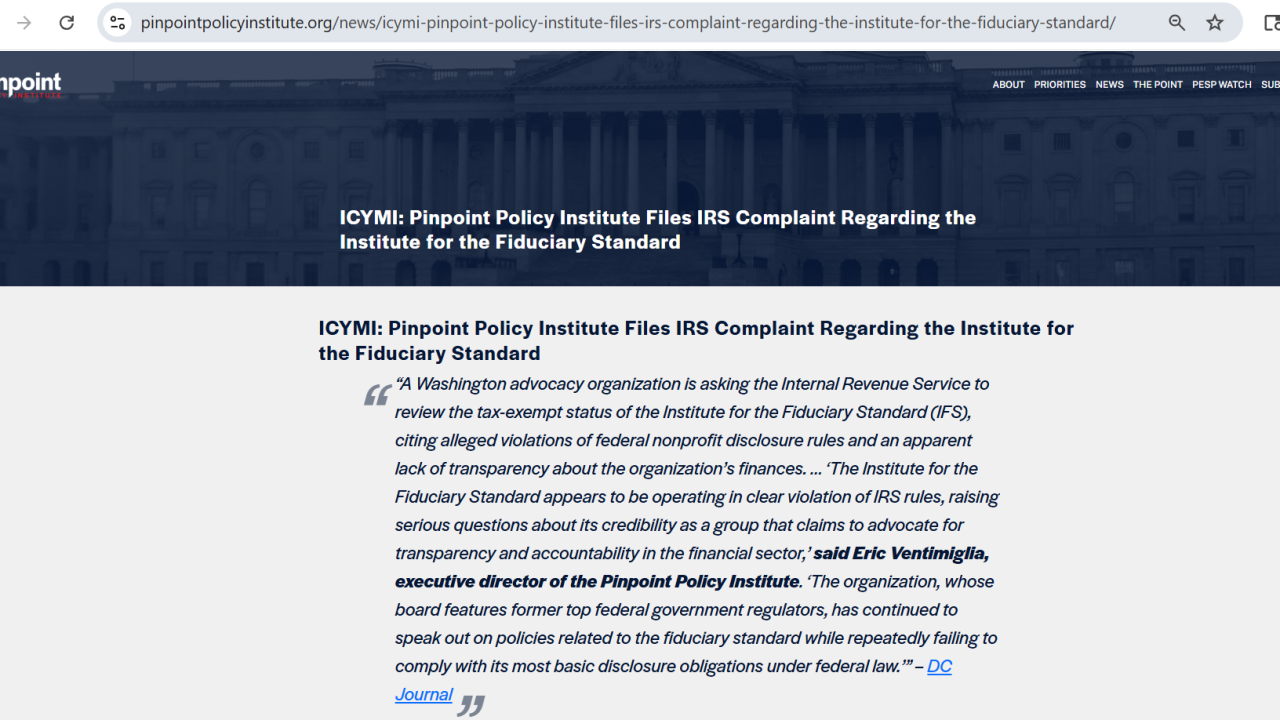Chief compliance officers have become banks' chief problem solvers, so hiring and retaining the best employees available has become crucial.
Regulators have put
More important, compliance staff must be effective communicators and be able to work with frontline employees to make sure regulations are followed.
"Across the board, banks have increased needs for compliance personnel," says Jack Kelly, managing director at Compliance Search Group, an executive search firm. "The most challenging part is finding the really experienced compliance person who can add value on day one. That's what firms want."
Small banks face challenges snagging compliance officers, industry experts say. Bigger banks have deeper pockets and are usually in metropolitan areas that have a larger pool of candidates, Kelly says.
Starting salaries for chief compliance officers at large financial companies could reach $230,000 this year, compared with $138,000 at smaller ones, according to the staffing firm Robert Half. Those salaries represent roughly 4% increases from 2013.
Smaller banks are also competing against regulators, consulting firms and others that are bulking up, experts say. Regulators are aggressively recruiting, visiting classes at the University of North Carolina at Charlotte to identify promising finance and accounting students, says Tony Plath, a finance professor at the school.
"Generally speaking, recruiting talent for senior roles at a community bank on the smaller side in more remote locations is harder," says Alan Kaplan, chief executive of the executive search firm Kaplan & Associates.
Still, smaller banks are usually able to offer other advantages, including better work-life balance, than their larger counterparts, experts say. Banks should highlight those attributes.
"The little bank can succeed," Plath says. "They just have to sell the advantages of working for a smaller company like a more informal and friendly work environment."
Compliance officers can come from a variety of backgrounds, including auditing, finance, accounting and the legal profession, industry experts say. Still, most banks prefer candidates who have spent time at a regulatory agency, says Rod Taylor of the executive search firm Taylor & Co. This generally shows the candidate has the skills needed to understand regulation.
"Having worked for a regulator at some point and having a relationship established with that regulator can make a big difference," Taylor says. "The world of regulators has its own culture."
The top compliance post has expanded and become more complicated. This means compliance employees need to excel at communication and problem-solving. Being personable helps. Former bank examiners and other regulators do not always have such finesse, Kelly says.
"Sometimes if you have someone who just has a regulatory background they are used to saying jump and people asking how high?" Kelly says. "When they join a bank, they may say jump and people instead will say 'Do I have to jump? Can I hop? Are you sure we need to do that? Can you double-check?' "
The most difficult part is finding someone who fits culturally, says Jeffrey Starr, general counsel at BankUnited (BKU) in Miami Lakes, Fla. The $14.2 billion-asset company's compliance staff of about 20 people is bigger than the team that Starr managed at the much larger North Fork Bank. (North Fork was sold to Capital One in 2006.)
BankUnited looks for someone who "appreciates the heightened scrutiny" and understands what it "takes to manage a business line at a bank," Starr says.
"We are a still a for-profit organization," he adds. "You don't want to impede growth, but at the same time you don't want to get into regulatory trouble either."
Compliance officers have to be able to work with frontline employees on marketing campaigns and launching products, says Cory Gunderson, a managing director at Protiviti, a unit of Robert Half.
Their job, Gunderson says, is to "help protect the organization by staying compliant but also to interpret challenging or unclear guidance and frame that in a way that the bank can react."
Compliance employees also need to have "strong influencing skills" to "weave their understanding of compliance into the day-to-day operations at the bank," Kaplan says.
Compliance staff at Lakeland Financial (LKFN) in Warsaw, Ind., accomplishes this by focusing on problem solving rather than complaining if employees in other areas of the bank run into issues, says Kristin Pruitt, the $3 billion-asset company's general counsel.
To do this, compliance personnel needs to develop a strong level of trust with peers.
"We don't complain and we don't whine," says Pruitt, who also oversees compliance. "We try to figure out how to use the compliance requirements to make our business process better. If regulators are focused on monitoring complaints then we use complaints as a way to serve our customers better."
As compliance gets more complex, banks must be willing to invest in continuing education and training, says Richard Riese, senior vice president at the American Bankers Association's Center for Regulatory Compliance.
The association has added two levels of training to its compliance program to accommodate growing interest in this area.
Banks also need to
A high salary usually isn't the only factor that lures employees away. Employees typically want to feel appreciated and assured that there is a path for career advancement.
"The war for talent is alive right now," McDonald says. "Pay is important, but employees want to know management has their best interests in mind and that it is truly a partnership."
Jackie Stewart is a community banking reporter for American Banker
Read more:





